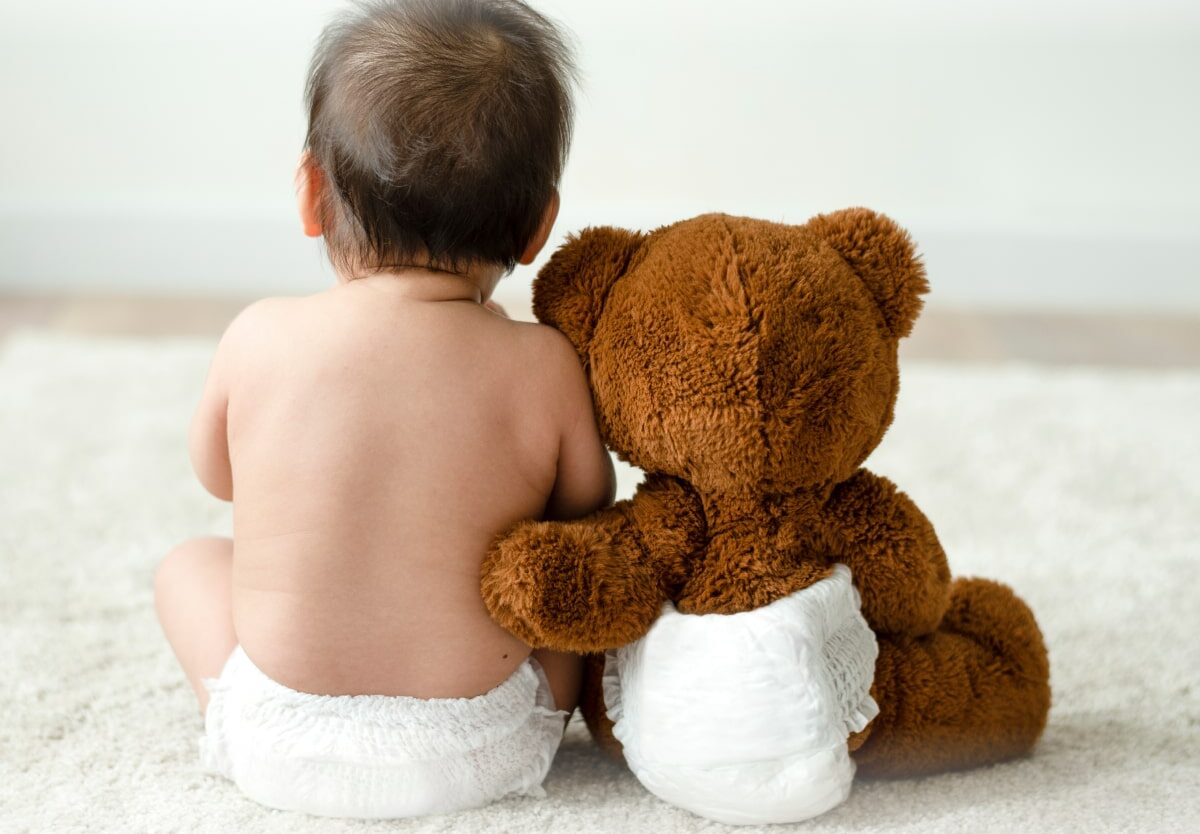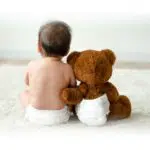K.I.N.D Day (Kids In Need Of Diapers Day) is observed on May 4 to help families who lack funds or access to diapers. Every baby needs diapers, but not all of them have access to one. Almost one-third of American families cannot afford this basic necessity. K.I.N.D. Day aims to raise awareness about the importance of diapers and how the lack of them can have a negative impact on the lives of parents and children. The day raises awareness of the issue and helps families who need diapers.
History of K.I.N.D. Day
Disposable diapers, like all great inventions, arose out of necessity. In the late 1880s, cotton diapers were introduced as a luxury product used by upper-class families. As two epic wars dawned on the Western world, the need for women’s societal participation grew. At the turn of the 19th century, women all over the world began stepping out of their homes, and as the primary caregivers of babies left their homes for long hours, the hourly nappy was called into question. This paved the way for diapers to become a necessity for families with children.
When markets ceased the use of cotton during the Second World War, Swedish industries replaced cotton with cellulose sheets to create the first one-time-use absorbent pad. In similar timelines, American inventor Marion Donovan began covering her child’s underpants with plastic to prevent leakage of liquids, leading to the invention of the first leak-proof diaper cover.
A child should be changed 10 to 12 times a day. This is a burden for lower and middle-class families who live paycheck to paycheck. To make up for the giant bill, most parents feel obligated to leave their babies in soiled diapers for extended periods, which can cause rashes and skin burns. Started in 2013 by American entrepreneur Candace M. Smith, K.I.N.D. Day aims to relieve the families of the burden of diaper costs by providing them with diapers. Candace’s passionate advocacy continues to benefit thousands of babies every year. Through K.I.N.D. Day, you can support a family in need by making a direct donation or becoming an exclusive sponsor.
K.I.N.D. Day timeline
Maria Allen mass-produces diapers using terry cloth for the first time.
American entrepreneur Marion Donovan holds the patent for waterproof diapers for one million dollars.
The diaper market becomes highly competitive, which results in reduced prices for consumers.
American entrepreneur Candace M. Smith dedicates May 4 as K.I.N.D. Day.
K.I.N.D. Day FAQs
Are generic diapers bad for the baby?
Generic diapers are just as good as branded diapers, as the textiles and manufacturing processes have largely been co-opted by many small retailers and lesser-known brands.
What is the right time to change a diaper?
The normal time frame for a diaper change is every two to three hours, with the special exception of defecation, in which case the diaper should be changed immediately.
How many diaper changes does a baby need in a day?
The diaper change depends on the frequency of urination. A baby requires a diaper change roughly eight to 10 times a day.
How to Observe K.I.N.D. Day
Pledge a donation
Celebrate the day by donating a dollar to the official K.I.N.D. account or the National Diaper Bank Network, and register your support for this observation. Spread the message to your friends and family and get their support for this noble cause.
Spread the message
For providing a happy, safe, and hygienic childhood to infants, every effort counts. Get vocal on social media and share the observation and its implications with your followers. You can also present the day and its relevance to your monthly community meetings.
Plan a diaper drive
The National Diaper Bank Network is run by 200+ volunteers spread across the U.S. The organization arranges local diaper drives in remote counties of the country. You can become a part of the movement by volunteering your hours or donating to their official website.
5 Shocking Facts About Diaper Consumption In The U.S.
It’s universal
Roughly 95% of American mothers use disposable diapers for their children.
It’s unsustainable
The monthly cost of disposable diapers can add up to $70 a month and $840 a year.
It’s profitable
The infant diaper industry is valued at $71 billion.
It’s everyday use
Babies need roughly 6,000 diapers within the first two years of their lives.
It’s expensive
Nearly 36% of American mothers reduced their spending on necessities such as utilities and food to make room in their budget for diapers.
Why K.I.N.D. Day is Important
A rush is better than a rash
Changing diapers every couple of hours is preferable to allowing your child to sit in the pool of their own making, which can cause severe allergies or rash. Unfortunately, many guardians believe that extending the use of a single diaper will relieve the burden of the diaper bill, which is wrong. May 4 raises awareness about the proper time to change a diaper and helps the families in need.
Parents can use a little help
The consistent need for diaper change racks up a hefty pharmacy bill, which is a strain on families who live paycheck to paycheck. K.I.N.D. Day illuminates the urgency to take action and provides practical solutions such as donations and merchandise aid to those in need.
It shouldn’t be so expensive
The day honors those who have contributed to the cause and the founder of the day, Candace Marie Smith, who has long argued about the exorbitant cost of diapers and is leading a diaper subsidy movement in the United States Congress. With her “Diapers 4 Good” project, she has personally delivered diapers to families in need.
K.I.N.D. Day dates
| Year | Date | Day |
|---|---|---|
| 2026 | May 4 | Monday |
| 2027 | May 4 | Tuesday |
| 2028 | May 4 | Thursday |
| 2029 | May 4 | Friday |
| 2030 | May 4 | Saturday |



































